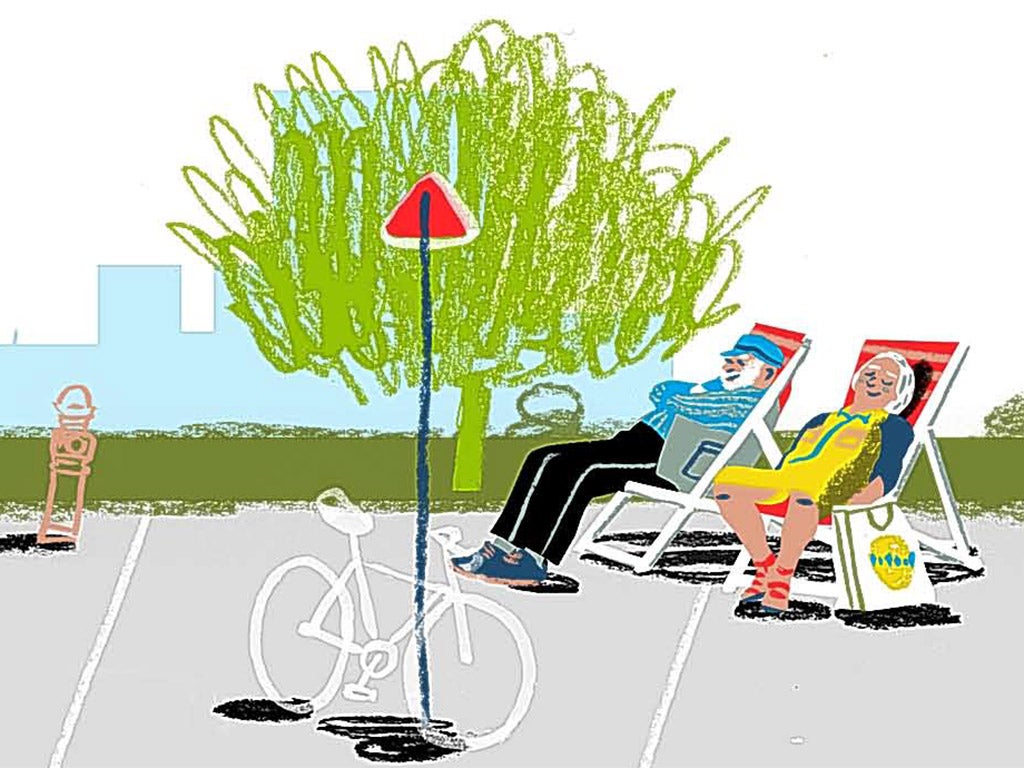Autumn Statement: The winners and the losers from George Osborne's plans
The abandonment of cuts to tax credits may not be quite the good news it seems

There really wasn’t a lot of tax news in the Chancellor’s Autumn Statement so for many of you, whatever woes or gains you anticipated would affect you from next April won’t have changed much.
The headline-grabbing decision to reverse plans to reduce tax credits will leave some working families around £1,000 better off than they would have been under the original plans.
However, many workers will still end up worse off as tax credits are replaced by universal credit. According to Labour figures, a single parent of two children, working full-time on the minimum wage, will lose £2,400 next year on universal credit due to the Chancellor’s cuts.
But there was also confirmation of a pay increase for pensioners. Those British pensioners that qualify for the annual state pension uprating – which excludes around half of those who live abroad – will get £3.35 more from next April when the state pension rises to £119.30 a week.
The Chancellor also confirmed that the new state pension, which comes in for those retiring from next April, will be set at £155.65 a week for those that will qualify for it. You’ll need 35 years of National Insurance contributions to be eligible for that level of retirement income.
But delays announced to the minimum contribution rate rises for auto enrolment company pensions, could hit average earners by £770 in lost retirement savings, pension experts warned.
Minimum contributions were due to climb from 2 per cent of qualifying earnings to 5 per cent from October 2017 and to 8 per cent from October 2018. Both dates have been delayed by six months.
There was widely-signalled extra help for first-time buyers but bad news for those living in social housing. Housing benefit is to be capped for new social tenants at private rental sector rates while anyone who receives housing benefit but goes abroad for more than four weeks will no longer have their rent paid.
The extra 3 per cent new stamp duty tax on buy-to-let landlords and second homes could cost thousands to those affected. For example, a £150,000 house sale will see stamp duty climbing from £500 to £3,800 while stamp duty on a £300,000 buy-to-let house: will rise to £12,800 from £5,000.
If you fall within one of our eight carefully-chosen case studies, you can see for yourselves using the figures here how much better off in pounds and pence you will be from next April, taking account of the announcements the Chancellor unveiled, as well as those revealed in July’s emergency Budget and March’s pre-election Budget.
For instance, if you’re a married couple with two earners and two children, you’ll need to be earning £150,000-£175,000 to gain the most from next April. You’ll see an extra £24 in your post-tax income compared to the current year’s net income.
Oddly enough, if you’re an unmarried couple with both partners earning and you have no children, there’s also an extra £24 post-tax being handed to you from next year.
But in both the above examples, if you earn more than £400,000 between you, next year your belts may need to be tightened by a micro-notch as the net result of Osborne’s tinkering this year will leave you £3 a year worse off. That’s almost 6p a week!
If you are married, have two children and only one of you earns, the results are slightly different. If you earn between £45,000 to £100,000 you’ll be £12 a year better off, but you’ll be £2 a year worse of if you earn more than that.
What about pensioners? A single pensioner could end up £17 a year better off if their annual income is also between £45,000 and £100,000. Well-off pensioner couples are looking at a more generous gain from next year with those earning £150,000 to £175,000 a year set to have an extra £34 a year in their pocket.
For single people the post-tax ups and downs from next April are also pretty minimal. If you’re single and self-employed you’ll experience a £13 annual boost to your income if you earn between £45,000 to £100,000 and a £7 boost if you earn from £15,000 to £40,000.
Exactly the same changes apply to single people with no children or those with one child unless you earn £125,000 or more a year. In that case you’ll end up £2 a year worse off, while self-employed single people earning the same amount will see no change at all to their post-tax earnings.
However, the self-employed are expected to face a greater red-tape burden when new digital tax accounts are introduced. The Chancellor said yesterday that most self- employed people, including landlords, would be required to update their tax information at least quarterly using their digital tax account.
He also confirmed that the accounts will be available by 2016/17, meaning self-employed will have to start using them from next April.
Subscribe to Independent Premium to bookmark this article
Want to bookmark your favourite articles and stories to read or reference later? Start your Independent Premium subscription today.

Join our commenting forum
Join thought-provoking conversations, follow other Independent readers and see their replies